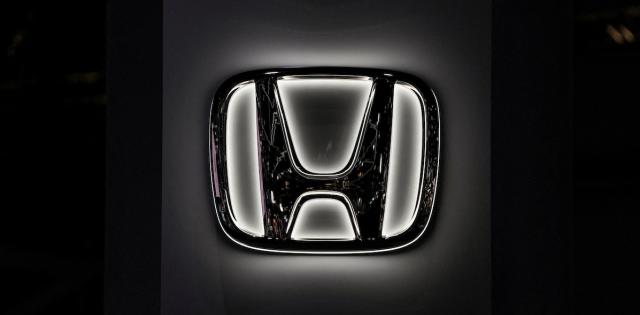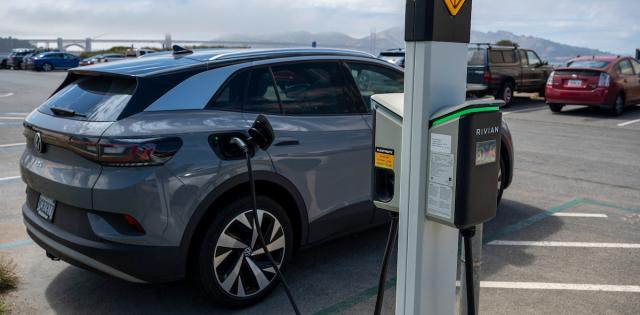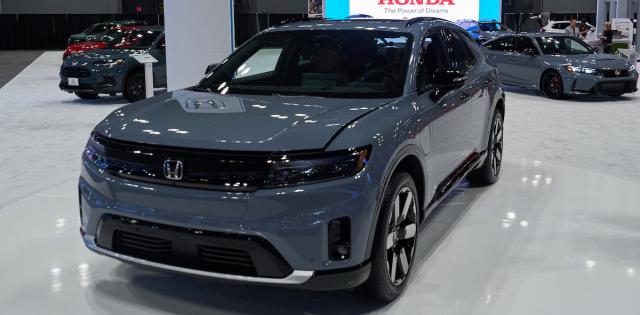The article below is sourced from Bloomberg Wire Service. The views and opinions expressed in this story are those of the Bloomberg Wire Service and do not necessarily reflect the official policy or position of NADA.
Audi is paring back an ambitious rollout of electric models to avoid burdening factories and dealers amid slower growth in EV sales.
“We first looked at what order and density of launches the organization could handle,” new Chief Executive Officer Gernot Döllner said in an interview in Audi’s headquarters in Ingolstadt, Germany. “In the end, we decided to spread it out to not overwhelm the team and the dealerships.”
A key profit center for Volkswagen AG, Audi plans to bring out 20 models by 2026, with half of them fully electric.
The task is urgent because Audi’s portfolio is growing stale as rivals Mercedes-Benz Group AG and BMW AG prepare to bring out their next generation of EVs from mid-decade. The luxury-car maker is looking back on a few torpid months culminating in VW CEO Oliver Blume in June singling out Audi as falling short of its potential. The same month, he swapped out Audi’s CEO with Döllner, who has worked with Blume at Porsche, with a task of boosting long-term operating return to 13% from around 9%.
Audi’s Q6 e-tron, repeatedly pushed back by issues at VW’s in-house software unit Cariad, will kick off the model offensive when it rolls off production lines in the second quarter. The car will be the first coming off a new platform underpinning several new vehicles. Another electric model and two combustion engine cars round out the new launches for next year, and a third combustion-engine model is planned for 2025.
Audi’s troubles partly stem from the long-standing hurdles in selling EVs as the industry pushes into a phase of broader adoption: incumbent carmakers are still struggling to ramp up a competitive lineup that delivers acceptable returns, and consumers are put off by high prices and patchy infrastructure.
Regulatory shifts on the combustion-car phaseout and influx of attractive Chinese-made EVs are adding to the mix. Carmakers like Audi or BMW continue to rely on combustion-engine power for their bottom lines, leaving the field to Tesla Inc. and increasingly BYD Co.
“The advantage of EVs is becoming visible to consumers step by step,” 54-year-old Döllner said. “With this triad - our new EVs, a new generation plug-in Hybrids and internal combustion engine models - we’re robustly and flexibly positioned for the transition phase.”
Getting Audi back on track is crucial for parent Volkswagen, where premium brands like the maker of the Q7 SUV and Porsche generate the bulk of earnings. The premium brand group — also including Lamborghini and Bentley — was VW’s biggest source of profit with earnings of €7.6 billion ($8.3 billion) with Audi making up the bulk.
This week, VW’s top managers are gathering in Berlin for updates on plans to squeeze more profit from the underperforming VW brand and moves to stop the slide in China, the company’s most important market.
Audi has lagged competitors on transitioning a lineup that’s heavily skewed to diesel engines with a series of hurdles getting in the way. The issues, ranging from a dealer dispute in China, the heavy burden of the diesel-emissions cheating scandal and more recently to problems building software, have capped growth for the brand.
Blume, in charge at VW for over a year since the ouster of Herbert Diess, is spearheading several initiatives to regain traction particularly in China, where VW products haven’t kept pace with consumer tastes for large screens and connectivity.
To combat the EV slide in China, Audi and long-standing Chinese partner SAIC Motor Corp Ltd. in July agreed to partner on developing EVs, marking a turning point for Chinese automaking that’s so far been led by learning from foreign manufacturers. The pair will work on vehicle underpinnings to accelerate Audi’s electrification and protect market share.
“At the moment, we play a relevant role especially in the combustion engine segment,” Döllner said. “Our task with both partners is to make the Audi brand a relevant player in the EV segment as well.”
For more stories like this, bookmark www.NADAheadlines.org as a favorite in the browser of your choice and subscribe to our newsletter here:












